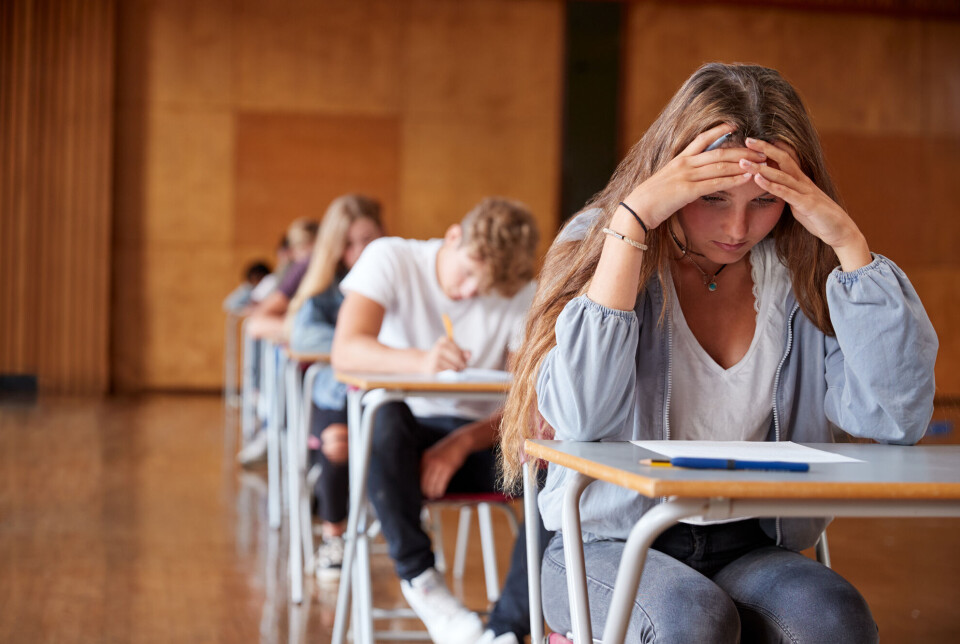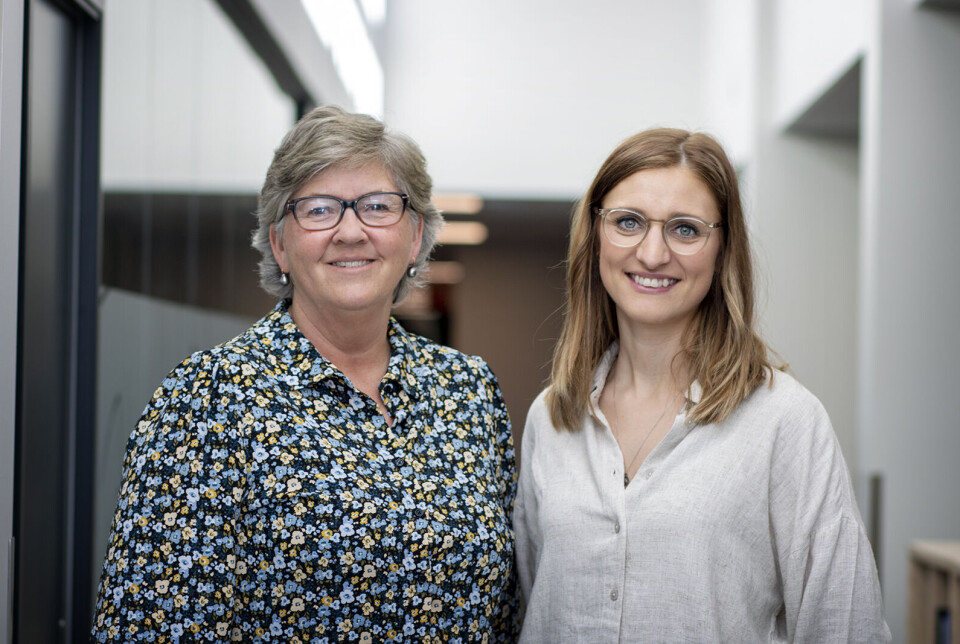THIS CONTENT IS BROUGHT TO YOU BY THE University of Agder - read more

Skipping breakfast linked to poor performance in school
Students at Norwegian lower secondary schools eat breakfast less frequently, and also perform poorly in maths and science.
“In Norway, parents are responsible for ensuring their child receives nutrition at school. While many bring nutritious packed lunches, others do not. Those who skip breakfast or don’t bring a lunch perform poorly, which can lead to feeling left out and dropping out of school,” says Frøydis Nordgård Vik.
She is a professor at the University of Agder, and has been studying school meals for several years.
In 2022, she and two other researchers published a scientific article that showed a clear correlation between breakfast and academic performance.
Skipping breakfast is common
The results indicate that one-third of the drop in science and half of the drop in math were attributable to students skipping breakfast.
Year nine students effectively miss half a year of school by skipping breakfast.
“If you don't bring any food to school, you won't have anything to eat throughout the day unless you can go to a nearby store,” Nordgård Vik says.
Norway's neighbouring countries Sweden and Finland have invested in school meals since the 1940s. The accumulated effect of this investment is reflected in their educational outcomes.
Year nine students in Norway today lag one year behind Swedish students in maths and science, and two years behind Finnish students.
Free lunch a matter of course
“In Sweden, we’ve provided warm lunches at school for several decades. The packed lunches in Norway seem a bit strange to us,” says Julia Hansson.
She is a project leader at Sweden's research institute, RISE, and visited the University of Agder as part of LEARNFOOD, a network for school meal researchers in Sweden, Denmark, and Norway.
Researchers share insights, keep each other up to date, and collaborate across borders. They have also written an anthology.
“We have compulsory education, like Norway, so of course children are provided with food. In Sweden, it's mandated by law that schools offer nutritious food to students. The canteen in Swedish schools is an excellent socialising space where everyone eats the same food,” Hansson adds.

Has offered free lunches for 14 years
However, some areas in Norway have experimented with various school meal schemes.
In Vinje municipality, school meals have been provided over an extended period. All students receive four cold lunches and typically one warm lunch a week.
“Vinje municipality has been doing this for 14 years. Now, effects are becoming apparent, and there is broad political consensus that the scheme should continue. Results are coming, but it takes time and money,” says Nordgård Vik.
Start with bread
In Sweden, all new schools have a canteen. However, retrofitting all Norwegian schools to offer hot school meals would be a costly undertaking.
However, the professor believes that there is no need to take such drastic measures.
“Bread and toppings are a perfectly fine option! It doesn't have to be complicated. The essential thing is that all students are ensured good nutrition at school and a social community around school meals,” Nordgård Vik concludes.
Reference:
Vik et al. Aspects of nutritional deficits and cognitive outcomes – Triangulation across time and subject domains among students and teachers in TIMSS, International Journal of Educational Development, vol. 89, 2022. DOI: 10.1016/j.ijedudev.2022.102553

This content is paid for and presented by the University of Agder
This content is created by the University of Agder's communication staff, who use this platform to communicate science and share results from research with the public. The University of Agder is one of more than 80 owners of ScienceNorway.no. Read more here.
More content from the University of Agder:
-
Study: "Young people take Paracetamol and Ibuprofen for anxiety, depression, and physical pain"
-
Research paved the way for better maths courses for multicultural student teachers
-
The law protects the students. What about the teachers?
-
This researcher has helped more economics students pass their maths exams
-
There are many cases of fathers and sons both reaching elite level in football. Why is that?
-
How we used plants to protect ourselves from evil




































